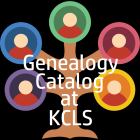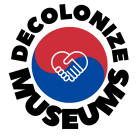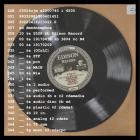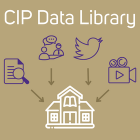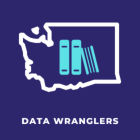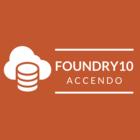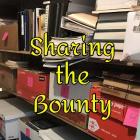
Sharing the Bounty: Rehoming Surplus Materials in the Whitman County Historical Society Archives
Working with the Whitman County Historical Society to help them discover what specific surplus materials they have in storage, I inventoried over five hundred individual items while creating a directory of potential new homes for those materials that fell out of the Society’s scope and flagging those that might be considered for integration into their collection. In conjunction with an interactive PowerPoint presentation, this project allows the Society to easily find and access these materials, with the end-goal of opening up storage space and moving on surplus materials to organizations that will recognize and utilize their full informational potential.

